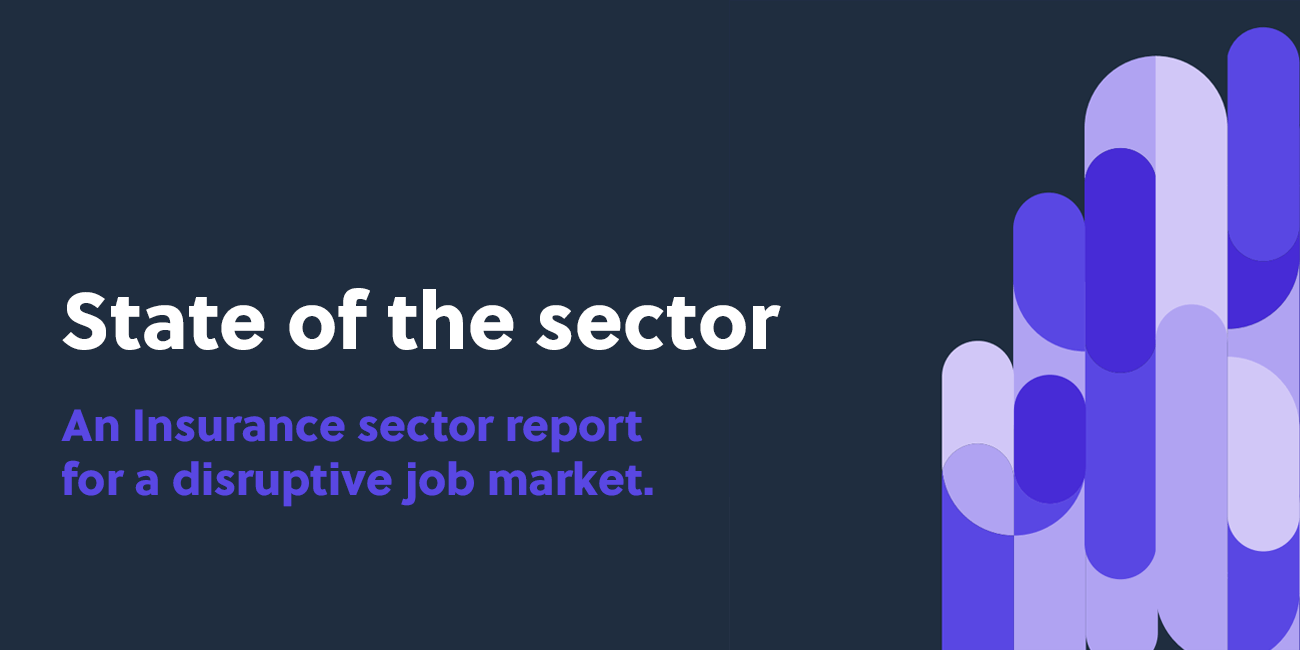
State of the Sector: An Insurance sector report for Q1
Despite the lingering concerns that still exist around the impact of the pandemic, the effects of which have wreaked havoc across all sectors in the previous years, Insurance businesses as a whole are actually anticipating significant economic growth in the year ahead.
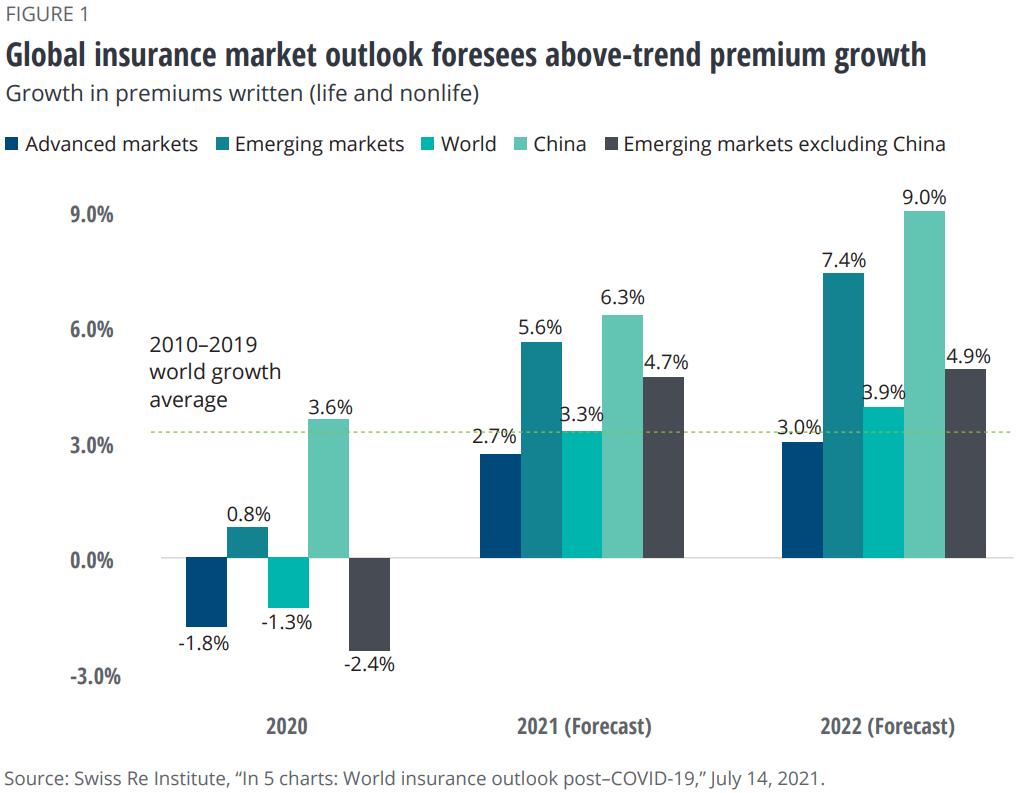
But with all that accelerated growth comes the requirement for skilled and qualified teams to meet the demand. From a recruitment perspective, the number of vacancies and roles required has bounced back significantly and, in its place, another significant challenge has reared its head: the lack of available candidates to fill the surge in roles available. Deloitte’s Insurance Industry Outlook report states that although more than a third of their global survey respondents expect to increase head count in 2022 to manage the rising workload in preparation for a boost in business volume, these same businesses are ‘struggling to retain and recruit high-level talent in a very competitive job market – particularly for those with advanced technology and data analytics skills.’
To give further insight into the state of the sector, we asked our Insurance team here at Heat to rank the factors that have had the greatest impact on the current candidate shortage. The results have ranked skills shortage as the greatest impactor, with the impact of the pandemic and the occurrence of counteroffers becoming increasingly commonplace.
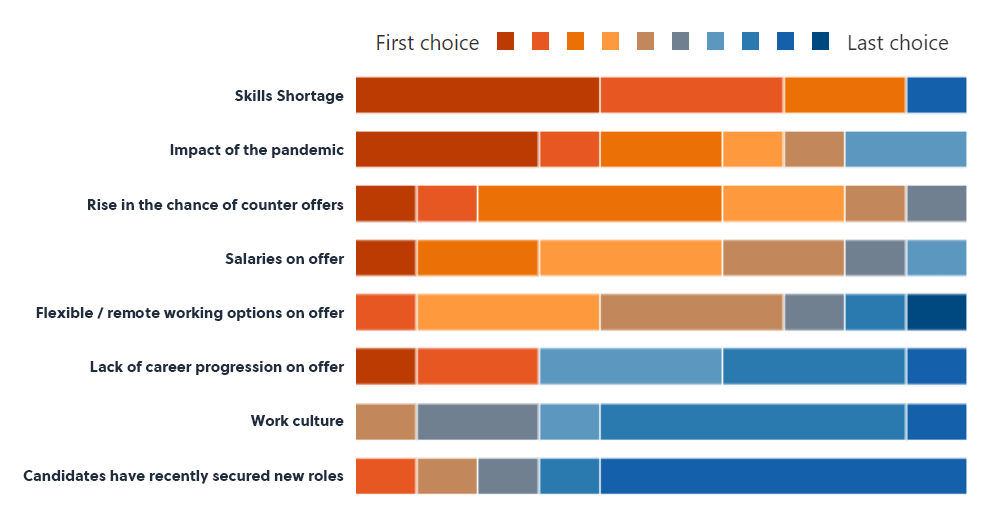
We then asked our specialist Insurance consultants to share their personal insights on the current hiring climate within the sector, their experiences operating within it over the first quarter and their predictions for the new financial year.
It’s a candidate’s market
The Insurance Industry Outlook report by Deloitte defines ‘talent acquisition and retention’ as ‘perhaps the industry’s biggest operational challenge in 2022 and beyond’ due to the significant gap in candidate skills and availability. Because of the ever-increasing shortage, it’s never been a better time for a candidate to consider their position and make a move, and both candidates and clients should be aware of this fact.
“Any candidates with good, relevant experience are in very high demand. 1 candidate could potentially receive 3 to 4 offers as well as a big counteroffer from their current employer when they go to hand their notice in. Employers should be making sure they are looking after their employees to help retain them. On the flip side of that it is probably the best time I have seen in my 10 years in recruitment for a candidate who is unhappy in their current role to have a look at what is out there. Generally, we see a 10% increase in salary when a candidate moves, but from what we have seen recently it is not uncommon for this figure to be closer to 20%.”
Dave Dewey: Associate Director

“Companies are offering more money which is making it hard to approach passive candidates. This also includes an increase in counter offers and companies throwing money around to retain people. It has now become a candidate led market where we ‘place candidates’ rather than ‘fill roles’.”
Amber Miner: Senior Recruitment Consultant, Broking

Covid Insecurity
Although a lot has changed in the past few years, and many within the industry are hoping 2022 marks the turning of a new leaf for business, there are still lingering concerns arising from candidates around job security and covid-related qualms that are impacting the hiring market. For candidates, this means considerations around Covid, and the stability of their position are impacting their decision to switch or stay put. For clients, it means thinking carefully about how adaptable they can be and what additional benefits or security they can offer to retain and attract staff. Otherwise, they will struggle to recruit, and it may result in difficult discussions that lead to losing staff. A report by Clyde & Co into the future of work within the Insurance sector stated that ‘employers who can navigate complex discussions [around Covid] sensibly, reasonably, and successfully could engineer competitive advantages in retaining and attracting staff, but the complex and fast-moving situation suggests that disputes and issues may well arise.’
“With the easing of Covid restrictions, candidates are clearly starting to feel more confident in market condition and are more open to a career move, rather than fearing lack of security. However, a far more frequent and pressing interview question that arises from candidates is around the sick pay, sick leave or medical incentives offered. Many candidates want to make a career move for progression but are stating that their current benefits package offers them more security in the current climate. Clients need to be aware of this fact when considering their benefits packages and offering. Equally, there is a growing trend in candidate loyalty to companies that have navigated the covid crisis well, who are prioritising maintaining job security; this is also likely to contribute to shortages in the talent pool.”
Ben Pope: Senior Recruitment Specialist, Loss Adjusting

“The biggest problem within the current hiring market is that a lot of people have changed jobs recently due to the pandemic, so aren’t looking to change roles again for a while. That, or they’ve had a salary increase or recent promotion in order to keep them engaged in their current company in order to stop them looking elsewhere.”
Ella Rayson: Recruitment Consultant, Underwriting

“Post-pandemic, flexibility of working and work life balance is now massively important for candidates, and clients must be willing to accommodate this in order to attract and retain their talent.”
Edward Harris: Recruitment Consultant, Claims

Insurance is an ageing market
The factor that our consultants ranked as having the highest impact on the hiring market in the Insurance sector is the skills shortage. This is something that will likely continue to have an impact for years to come and can only be corrected through sustained time and effort. The onus is on businesses to resolve the skills shortage by creating opportunities and offering training and development for those who have yet to enter the market. To attract these candidates, Deloitte suggests that advertising the ‘elements that could resonate with and appeal to more socially conscious candidates entering the job market’ could be key to attracting the next generation of professionals into the insurance market, by highlighting ‘the industry’s unique value proposition as the economy’s financial first responders.’
“Insurance is an ageing market, with opportunities for younger generations to enter the market few and far between. Companies need to invest in training and development for both existing staff and for new starters to break the cycle and bring new talent into their business and into the market. My advice to clients is to take the risk of hiring someone junior to step up into the role you need to fill. With good training options this will help to resolve the growing skill shortage.”
David Bell: Managing Consultant, Broking, Loss Adjusting and Underwriting

Companies must think outside the box
To attract a wider range of staff, companies need to start widening the net and thinking unconventionally. A lot has changed in the past few years, and in order to tap into a wider talent pool it’s important to think beyond geographical restrictions or get stuck in old processes that hinder rather than help. Companies should consider new alternatives to resolve their hiring problems, such as supplementing a full-time role with a part time one, or pivoting a role to become remote-based, or even training to promote internal team members into the role you need to fill.
“In the current hiring climate with the prevalent skills shortage, clients must be focussed on upskilling candidates and open up to looking outside of the box due to lack of skills.”
Marion Errington: Senior Consultant, Wealth Management, Risk and Compliance

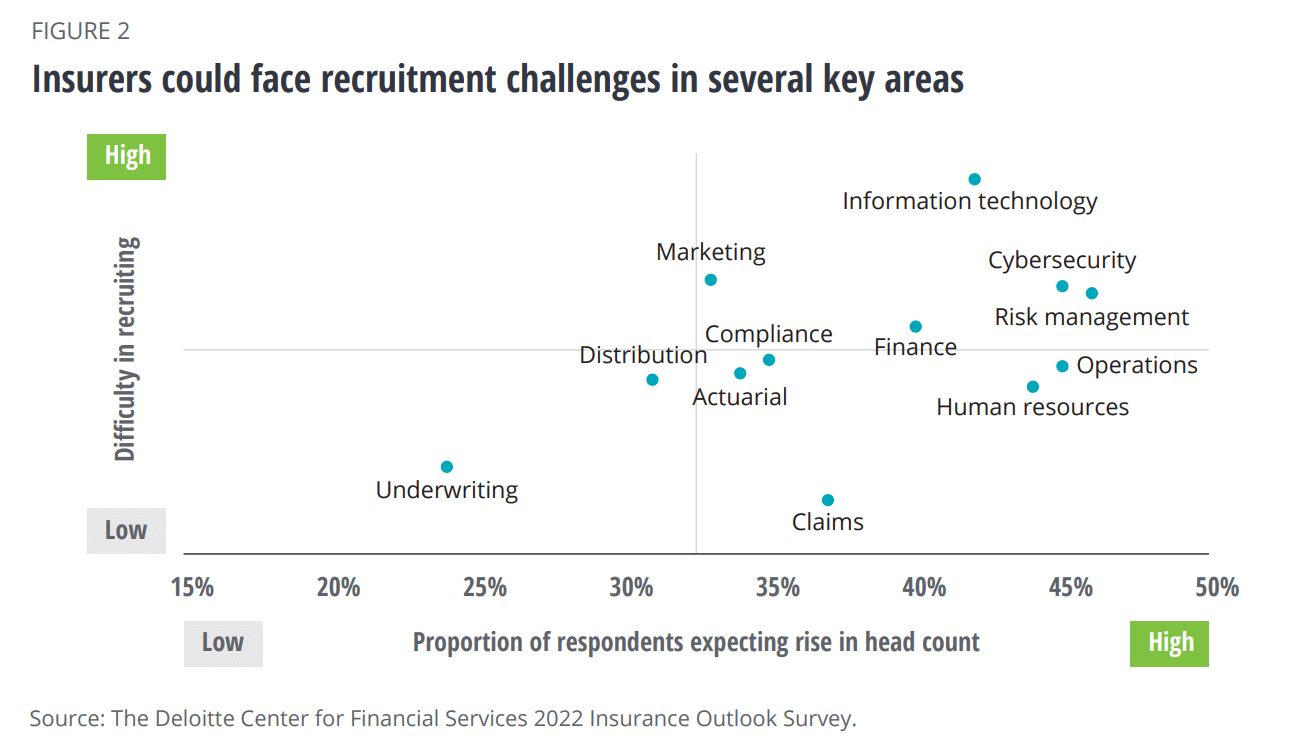

Hardening markets
Due to the rise in cost of living, inflation has been pushed up by 5.4% in the 12 months to December. The report by Deloitte states that ‘rising inflation combined with flat interest rates could turn out to be major obstacles to improving insurer results’, but the rising inflation also has a direct impact on the hiring market too.
“Markets are hardening across the board. Political turbulence, the impact of inflation and the uncertainty of the climate all contribute to an unstable outlook for the sector, at least in the foreseeable future whilst underwriters sit back and take stock of what the outcome will be.”
Aaron Hodges: Managing Consultant


Salaries are inflated
Due in part to the competitive nature of the current hiring market, as well as the rising cost of living which wages are struggling to keep up with, salaries within the insurance sector are on the up. Latest data from the ONS shows that employee pay in the UK grew by 3.7% between October and December from a year earlier. But, as a result of inflation, the ONS has revealed that wages in the October to December period actually fell by 0.8% from a year earlier. To compete for the talent they require, insurance businesses are having to increase their salary offerings for new starters to keep up. But, as our consultants have predicted below, this steep incline can’t last forever: the market will one day return to normal levels but, for the time being, its crucial that businesses ensure they’re benchmarking salaries for both new hires and existing employees accurately.
“Clients should continue to expect increased basic salaries for junior and senior professionals; while certain lines of business are more competitive than others, there’s a massive demand for talent across the board, and clients are paying for that. But, on the flipside, candidates should also bear in mind that their salaries are likely to stay the same for the next 2-5 years to account for the recent exponential increases. The market will return to normal soon and from that these dramatic increases will balance out.”
Ben Cass: Principal Consultant, Broking


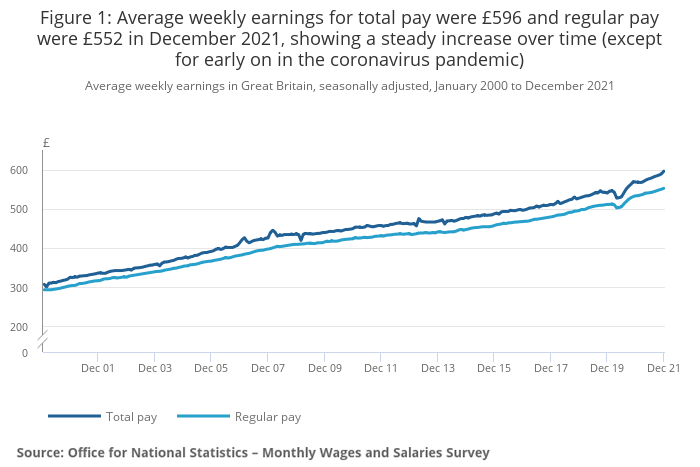

Get your timing right
Deloitte’s global survey found that “43% of insurance talent respondents feel it’s harder to find skilled candidates in a number of functional areas.” It’s no wonder, then, that clients are keen to secure top talent when they do manage to find it. But, while some of our consultants would urge businesses to move as quickly as possible in order to ensure they don’t miss out, others would suggest moving at a slower pace to avoid rushing a candidate’s decision.
“With the current candidate shortage, it’s been a real struggle to get good quality into the market, and this doesn’t look set to change any time soon. We’re still seeing lots of roles, but very few candidates. My advice to clients is to get ahead of others, move quickly and move decisively.”
Scott Norton-Ashley: Senior Recruitment Consultant, Broking


“The rapid turnaround of interviews and offers at the moment is sometimes too quick for candidates, and this can have the reverse effect of making them feel that they can continue to look at the market. Clients should be wary of rushing candidates to decide on offer.”
Marion Errington, Senior Consultant



In conclusion
Those trends that ruled the hiring market throughout much of Q1 look set to continue into the year ahead. With candidates in short supply, vacancies on the up, and these many hurdles to contend with, this may seem like a daunting prospect. It’s more important than ever that companies pay attention to the trends in the market and be willing to adapt to keep up.
It’s clear that salaries are on the rise, but companies still have other options to retain their talent. By re-examining their recruitment processes and strategies, as well as reviewing and enhancing their benefits options, companies can make themselves more attractive to candidates who are looking to secure a new position.
For candidates, now has never been a better time to make a move. As we move towards the latter end of the pandemic, and confidence in the stability of jobs grows, candidates are in an extremely healthy position to make a career change that could garner them greater opportunity for growth and success, as well as a host of competitive perks and benefits. Insurance businesses are set to see exponential growth over the coming year, but they will need to bolster their recruitment efforts in order to secure the additional resources to keep up with the growing demand.